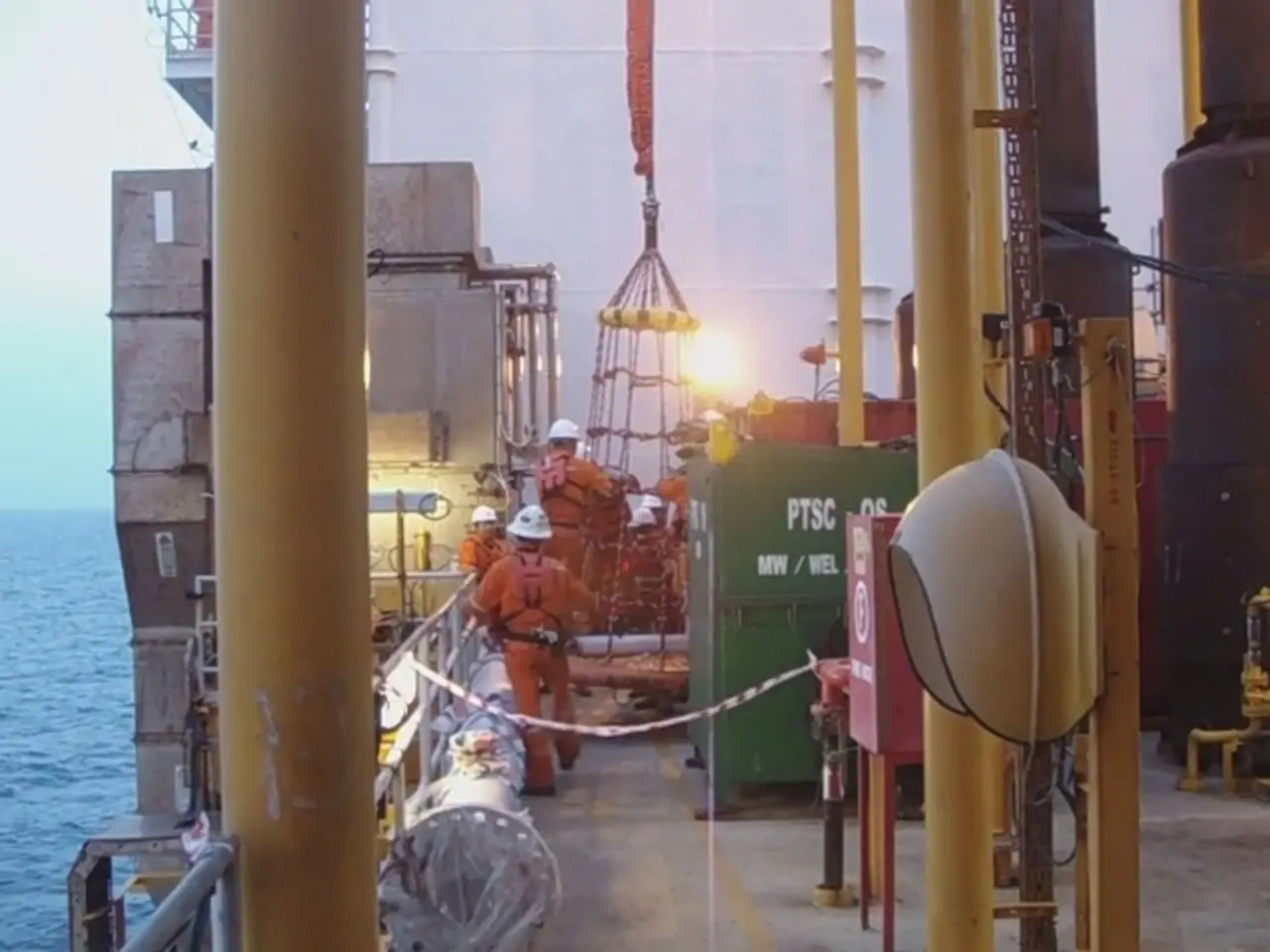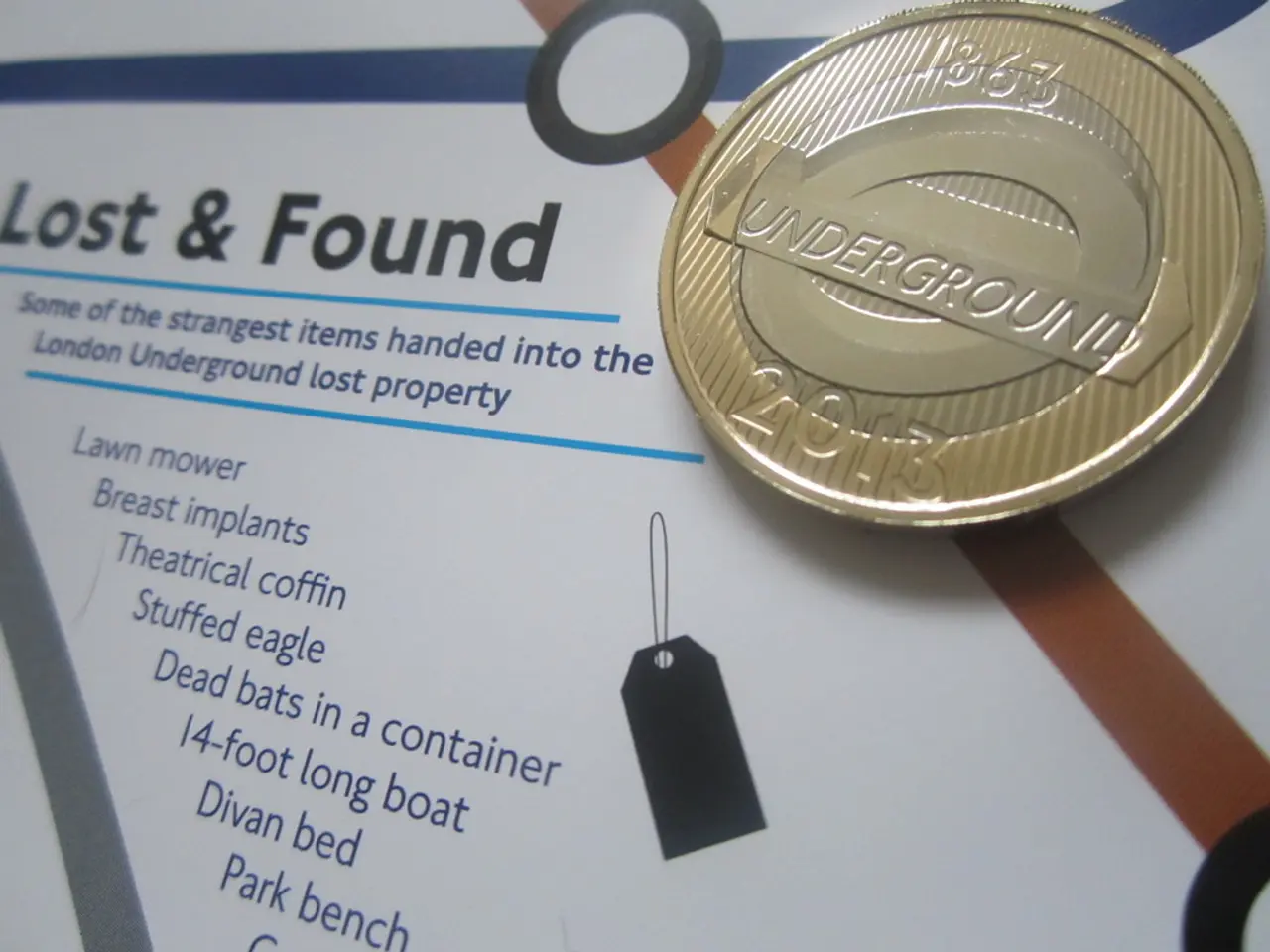Future Challenges in Maritime Law: Grasping Upcoming Ship Autonomous Regulations
The maritime industry is on the cusp of a transformative shift, with the advent of autonomous ships that harness advanced technologies such as artificial intelligence, machine learning, and robotics. As these vessels sail towards commercial adoption, a new legal landscape is taking shape to ensure their safe and secure operation.
The International Maritime Organization (IMO) is at the helm of this evolution, developing the Maritime Autonomous Surface Ships (MASS) Code. Initially introduced as a non-mandatory code in 2026, the MASS Code aims to address operational, safety, security, liability, and environmental aspects specific to autonomous vessels. By 2032, the code is expected to become mandatory, supplementing existing conventions like SOLAS but without relaxing current requirements.
The MASS Code classifies four degrees of automation, from automated decision support to fully autonomous AI ships, and defines critical terminology such as "master," "crew," and "responsible person." It also outlines standards for remote operators and control stations.
However, the shift from human-centered operation to autonomous functions complicates traditional liability frameworks. The IMO's ongoing work aims to integrate autonomous ships into existing liability and insurance systems, addressing new actors like network providers and system developers, and clarifying accountability and liability in collisions or other incidents involving MASS.
Various pilot projects, such as the EU-funded AUTOSHIP project, are advancing autonomous vessel technology while operating under national regulations. These projects often focus on inland waterways and short-sea shipping routes, demonstrating operational readiness and informing regulatory adaptations.
The current regulatory uncertainty and phased introduction of mandatory standards create a cautious environment for commercial adoption. Shipping companies and port operators must prepare for new operational protocols, cybersecurity requirements, and liability models. ports and related infrastructure will need to adapt to autonomous ships’ operational characteristics, including advanced communication for remote control and smart mooring systems.
The mandatory MASS Code will provide a clearer legal foundation, facilitating broader commercial integration by setting safety and operational benchmarks. Until then, commercial deployment tends to focus on controlled environments such as inland waterways and short-sea shipping where liability and regulatory risks can be better managed.
The evolution of autonomous shipping signifies a transformative shift in maritime operations, enhancing operational efficiency and safety. However, the legal implications are complex and multifaceted, raising questions concerning maritime law and the extent to which existing regulations can accommodate autonomous operations. Future developments in maritime law will require collaboration between international bodies and national governments to create universally accepted regulations for autonomous ships.
References: [1] International Maritime Organization (IMO), "Maritime Autonomous Surface Ships (MASS)," accessed 2023-03-15. [2] International Maritime Organization (IMO), "Liability and Compensation for Maritime Claims (LCMC)," accessed 2023-03-15. [3] European Commission, "AUTOSHIP Project," accessed 2023-03-15. [4] International Association of Classification Societies (IACS), "Autonomous Ships," accessed 2023-03-15.
- In the discussions surrounding the future of the maritime industry, intellectual property rights are becoming increasingly critical, as technology developers vie for patents on autonomous ship systems to maintain their competitive edge.
- The finance sector is keeping a close eye on the adoption of autonomous ships, recognizing their potential to revolutionize current shipping operations and requiring updated investment strategies to cater to this new technological landscape in general-news and sports.




